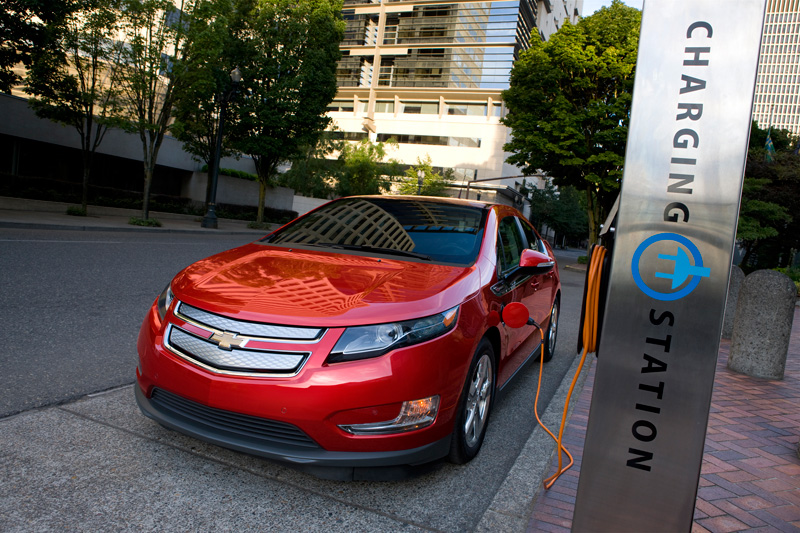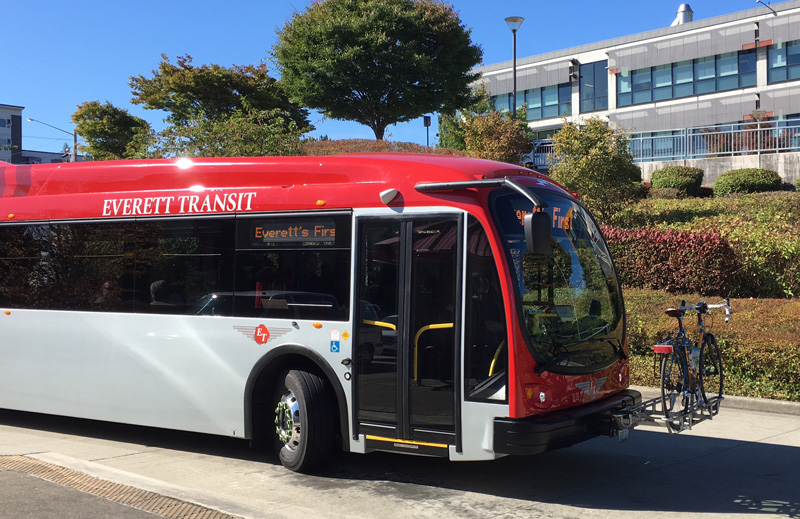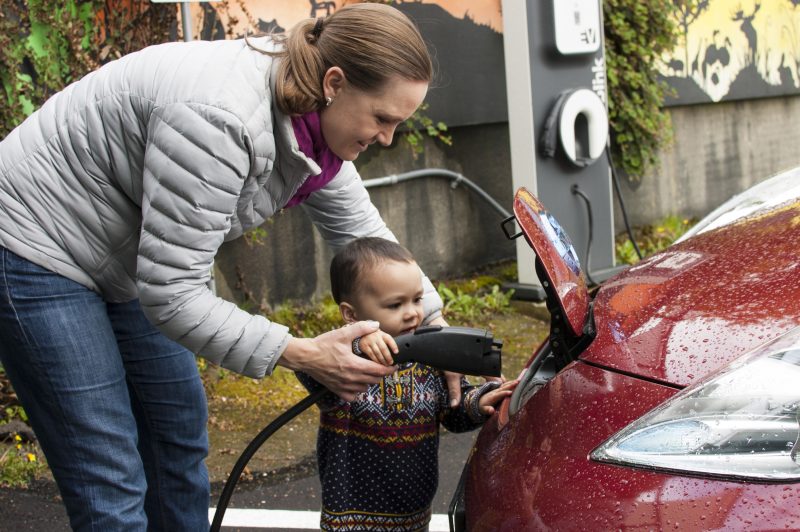Transportation is the largest source of air, water and climate pollution in Washington. Together with partners across Washington, we are working to refocus the way we all get around to be better for people and better for the environment. This means prioritizing transit and other multi-modal options, ensuring that we are capturing and treating polluted stormwater runoff from paved surfaces, addressing culverts that block healthy streamflows, investing in low carbon fuels and electrification infrastructure, and intentionally building a transportation sector that addresses historic inequities and supports family-wage jobs.


- Transportation Funding: Update our state’s funding sources for transportation to ensure that we have progressive funding sources that invest in people-oriented solutions;
- Transportation Investments: Focus statewide investments to achieve climate and equity goals, focusing on people, safety and pollution reduction in a way that create jobs across the state.
- Transportation Fuels: Pass a Clean Fuel Standard to reduce pollution from transportation fuels.
- Clean Cars: Increase clean vehicles for light and heavy-duty vehicles and public fleets
- Growth Management: Incorporate climate in the Growth Management Act
Transportation is the largest source of air, water and climate pollution in Washington
Clean Fuel Standard
A Clean Fuel Standard requires oil refiners to reduce the carbon intensity of transportation fuels, helping to spur the expansion of transportation electrification and creating more homegrown jobs in the production of clean, low-carbon fuels.
Dirty fuels like diesel and gasoline are the largest sources of air pollution in Washington, causing asthma, lung cancer, and other dangerous respiratory diseases. Lower income communities and communities of color often live the closest to congested transportation corridors and are especially impacted.
Washingtonians deserve choices for cleaner fuels that improve public health, reduce climate pollution, and support local economic development in rural communities.


